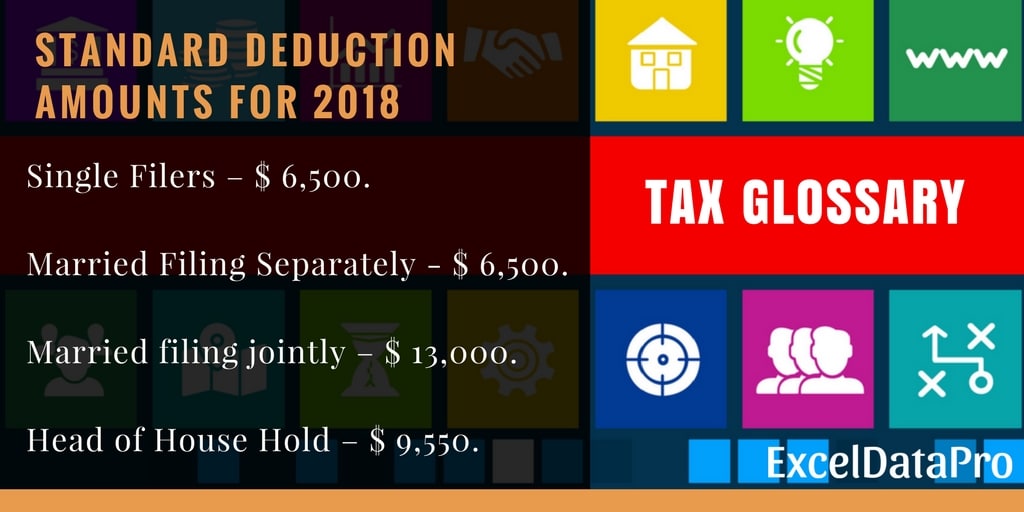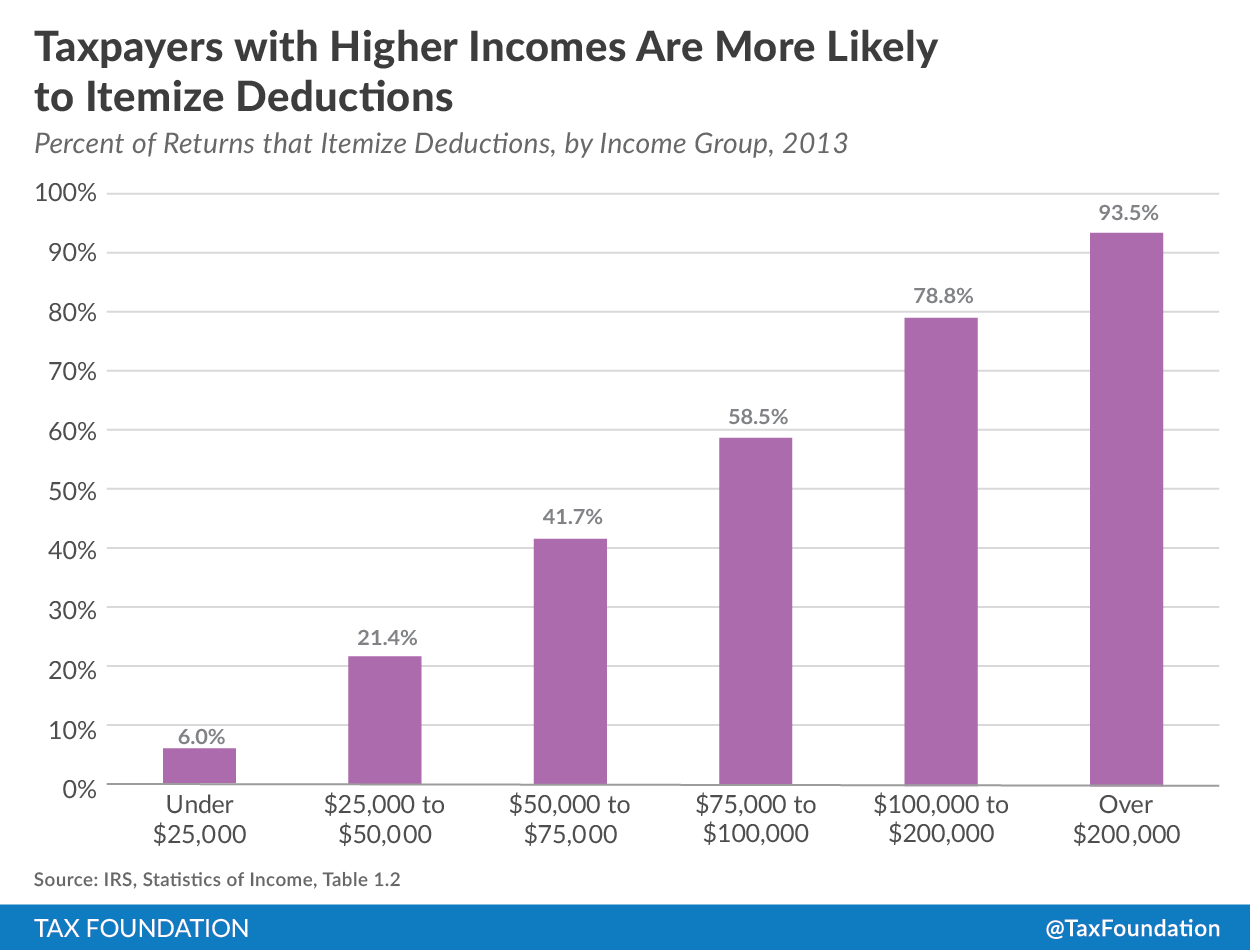When choosing the FEIE Standard Deduction may NOT be your best option
Wiki Article
Understanding the Foreign Earned Revenue Exclusion and Its Influence On Your Basic Reduction
The Foreign Earned Revenue Exclusion (FEIE) uses substantial benefits for expatriates, enabling them to leave out a section of their foreign-earned income from U.S. tax. Nonetheless, declaring the FEIE can complicate one's tax obligation situation, particularly concerning the common deduction. Comprehending this communication is necessary for people living abroad. As expatriates browse these complexities, they need to take into consideration how their options impact their total tax obligation liability. What strategies can they employ to optimize their financial outcomes?What Is the Foreign Earned Income Exclusion (FEIE)?
The Foreign Earned Revenue Exemption (FEIE) offers as a vital tax obligation benefit for U.S. citizens and resident aliens functioning abroad. This stipulation permits qualified people to exclude a significant portion of their foreign-earned revenue from united state taxes, successfully lowering their general tax obligation worry. The FEIE intends to relieve the economic pressure on expatriates and urges Americans to seek work chances in foreign markets. The exemption puts on salaries, salaries, and specialist charges earned while residing in an international nation. The maximum exclusion amount is changed yearly for inflation, making certain that it stays relevant to current economic problems. By utilizing the FEIE, expatriates can keep even more of their earnings, fostering monetary security while living overseas. Overall, the FEIE plays a vital duty in shaping the economic landscape for Americans abroad, facilitating a smoother shift to international workplace and advertising economic involvement on a worldwide range.Eligibility Needs for the FEIE
Eligibility for the Foreign Earned Revenue Exclusion (FEIE) rests upon meeting details requirements set by the Irs (IRS) Largely, individuals must be united state residents or resident aliens that make revenue while living in an international country. To certify, they have to satisfy either key tests: the Physical Visibility Examination or the Bona Fide House Examination.The Physical Existence Examination calls for individuals to be physically existing in an international country for at the very least 330 complete days within a 12-month duration - FEIE Standard Deduction. Conversely, the Bona Fide House Test requires that people develop residency in a foreign country for a nonstop period that includes a whole tax obligation year
In addition, the income needs to be stemmed from personal services executed in the foreign nation. Meeting these requirements enables taxpayers to omit a substantial portion of their foreign-earned revenue from U.S. taxes, consequently minimizing their overall tax obligation liability.
How to Declare the FEIE

To start the process, individuals need to gather records that verify their international earnings, such as pay stubs, tax obligation returns from foreign nations, and any kind of appropriate work contracts. It is necessary to ensure all revenue claimed under the FEIE is made from foreign sources and satisfies the needed thresholds.
Additionally, taxpayers must take into consideration submitting due dates and any kind of possible expansions. Claiming the FEIE properly not just assists in reducing tax obligation responsibility but likewise ensures conformity with IRS policies. Appropriate documents and adherence to guidelines are important for a successful claim of the Foreign Earned Revenue Exclusion.
The Communication Between FEIE and Typical Reduction
The interaction between the Foreign Earned Income Exclusion (FEIE) and the common deduction is an important facet of tax obligation planning for expatriates. Understanding the standard concepts of FEIE, together with the limitations of the common reduction, can considerably affect tax filing approaches. This section will explore these elements and their implications for taxpayers living abroad.FEIE Basics Clarified
While lots of expatriates seek to reduce their tax obligation burden, comprehending the interaction in between the Foreign Earned Earnings Exemption (FEIE) and the basic reduction is vital. The FEIE allows united state people and resident aliens living abroad to exclude a specific quantity Click Here of international earned income from U.S. taxes. This exclusion can greatly reduce gross income, potentially influencing eligibility for other deductions, such as the typical reduction. Extremely, people who declare the FEIE can not also take the conventional reduction against the excluded revenue. Therefore, expatriates must thoroughly review their overall revenue and deductions to optimize their tax scenario. Recognition of these communications can bring about even more educated economic choices and better tax obligation strategies for migrants guiding with their distinct scenarios.Standard Deduction Limitations
Understanding the restrictions of the conventional you can try this out reduction in connection with the Foreign Earned Earnings Exemption (FEIE) is essential for expatriates steering their tax responsibilities. While the FEIE enables qualifying people to leave out a certain quantity of foreign-earned revenue from united state taxes, it can influence the basic reduction they are qualified to claim. Particularly, taxpayers who assert the FEIE can not additionally claim the common deduction on that omitted revenue. In addition, if an expatriate's overall income falls listed below the standard reduction limit, they may not take advantage of it in any way. This interplay requires mindful planning to optimize tax obligation advantages, as underutilizing the basic deduction can cause higher gross income and boosted tax obligation liability. Understanding these limitations is vital for effective tax obligation strategy.Tax Filing Implications
Steering the tax obligation filing effects of the Foreign Earned Earnings Exclusion (FEIE) needs mindful consideration of exactly how it communicates with the conventional reduction. Taxpayers utilizing the FEIE can exclude a significant portion of their foreign-earned income, however this exclusion influences their eligibility for the basic reduction. Specifically, if a specific claims the FEIE, they can not additionally claim the standard reduction for that revenue. This can lead to a reduced total tax obligation obligation however may make complex the filing process. In addition, taxpayers need to guarantee conformity with internal revenue service demands when filing Type 2555 for the FEIE. Understanding these communications is important for enhancing tax obligation benefits while avoiding prospective mistakes in the declaring procedure. Cautious planning can make the most of benefits and decrease liabilities.Prospective Tax Effects of Using the FEIE
The Foreign Earned Income Exclusion (FEIE) offers significant tax obligation benefits for united state people functioning abroad, yet it additionally comes with prospective implications that warrant careful factor to consider. One major consequence is the impact on qualification for sure tax obligation credits and deductions. By electing to use the FEIE, taxpayers may inadvertently decrease their adjusted gross revenue, which can limit access to credit scores like the Earned Revenue Tax Credit rating or lower the quantity of typical deduction available.
In addition, people that utilize the FEIE might deal with issues when returning to the U.S. tax system, particularly worrying the tax of future earnings. The exclusion uses just to gained earnings, suggesting various other earnings types, such as dividends or passion, remain taxable. This difference demands meticulous record-keeping to ensure compliance. The FEIE may impact state tax commitments, as some states do not recognize the exemption and may tire all revenue gained by their homeowners, regardless of where it is gained.
Tips for Maximizing Your Tax Advantages While Abroad
While functioning abroad can be enriching, it also offers distinct opportunities to enhance tax obligation advantages. To make the most of these benefits, people ought to initially determine their qualification for the Foreign Earned Income Exemption (FEIE) and think about the physical visibility test or the bona fide house test. Maintaining in-depth records of all revenue gained and expenditures sustained while abroad is necessary. This documentation sustains insurance claims for credit scores and deductions.Furthermore, understanding the tax obligation treaties in between the United States and the host country can assist prevent dual taxes. Individuals need to likewise check out payments to tax-advantaged accounts, such as Individual retirement accounts, which may offer further deductions.

Last but not least, seeking advice from a tax obligation professional concentrating on expatriate tax obligation law can offer customized techniques and warranty conformity with both united state and international tax obligation obligations. By taking these steps, migrants can properly improve their monetary circumstance while living abroad.
Often Asked Inquiries
Can I Use FEIE if I Benefit a Foreign Federal government?
Yes, an individual can use the Foreign Earned Revenue Exemption (FEIE) while working for an international government, given they fulfill the requisite problems detailed by the internal revenue service, including the physical existence or authentic residence tests.
Does FEIE Put On Self-Employment Earnings?
The Foreign Earned Income Exclusion (FEIE) does apply to self-employment earnings, supplied the individual satisfies the needed needs. Eligible freelance individuals can exclude qualifying revenue made while living in an international nation from taxes.Suppose My International Income Exceeds the FEIE Limit?
If international earnings surpasses the FEIE limitation, the excess amount may go through U.S. taxation. Taxpayers must report and pay taxes on the earnings above the exclusion threshold while still taking advantage of the exemption.Can I Declare the FEIE and Make A List Of Reductions?
Yes, people can assert the Foreign Earned Revenue Exclusion (FEIE) while also itemizing reductions. They have to be aware that asserting the FEIE may affect the schedule of certain itemized reductions on their tax obligation return.
How Does FEIE Affect My State Tax Obligation Obligations?
The Foreign Earned Revenue Exclusion can decrease state tax obligation commitments, as numerous states adhere to federal standards. However, individual state regulations differ, so it's important to seek advice from state tax guidelines for particular navigate to this website implications on tax obligation duties.The Foreign Earned Earnings Exemption (FEIE) uses considerable advantages for migrants, enabling them to exclude a section of their foreign-earned revenue from U.S. taxation. While many expatriates seek to lower their tax obligation burden, understanding the interaction in between the Foreign Earned Earnings Exemption (FEIE) and the conventional reduction is vital. Understanding the limitations of the conventional deduction in connection to the Foreign Earned Income Exclusion (FEIE) is necessary for migrants steering their tax duties. The exclusion uses only to earned earnings, implying other revenue types, such as dividends or passion, continue to be taxed. The Foreign Earned Revenue Exclusion (FEIE) does use to self-employment earnings, gave the specific satisfies the necessary requirements.
Report this wiki page